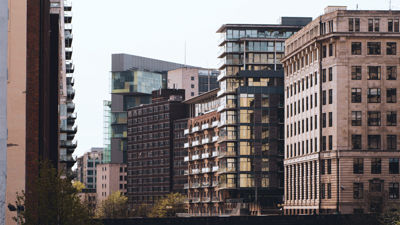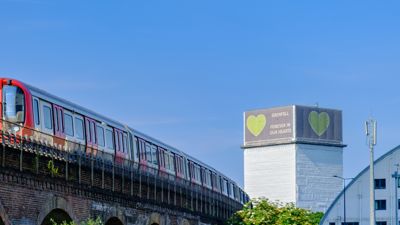The Property Institute was one of a number of stakeholders who flagged what appeared to be a rather obvious error with section 119 of the Building Safety Act 2022. As agents will know, where a lease is extended, by operation of law the original lease is surrendered and a new lease is then granted. The original drafting of section 119 explained that a qualifying lease had to be held at the qualifying time, i.e. 14th February 2022. This meant that if a qualifying leaseholder extended their lease, that they surrendered their existing lease and were granted a new lease. As the new lease will not have been granted before 14th February 2022, the statutory leaseholder protections in the Building Safety Act 2022 could not apply.
DLUHC proceeded to update their guidance, indicating that they were “..looking to legislate to resolve this issue as soon as Parliamentary time allows”. We now have the legislation in the form of the Levelling-up and Regeneration Act 2023, which received Royal Assent on 26th October.
Section 243 of the Levelling-up and Regeneration Act 2023 inserts a new section 119A into the Building Safety Act. It introduces the concept of a “connected replacement lease”. A connected replacement lease will also be a qualifying lease where the new lease replaces a qualifying lease.
This new provision will have retrospective effect. This means that any losses of qualifying status will be reversed.
The new provision will come into force at the end of the period of two months beginning with the day on which the Act is passed (i.e. 26th December 2023).


